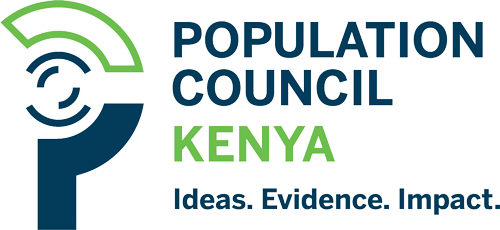Background
Key populations include sex workers, people who inject drugs, people in prison, transgender people, and men who have sex with men.
The global HIV response has made significant progress, but key populations continue to be disproportionately affected, with many regions experiencing rising HIV infections. Key populations and their partners accounted for over half of new infections in 2022. Despite global progress, HIV prevention programmes for key populations are underfunded and hindered by legal, social, and political barriers. Many countries lack comprehensive strategies, and stigma and discrimination further limit access to services.
The Global HIV Prevention 2025 Roadmap calls for scaling up community-led, rights-based programmes that address the diverse needs of key populations. However, the Global HIV Prevention Coalition’s 2024 scorecards show that most countries still fall short of achieving the targets, with many lacking complete prevention packages and struggling with data gaps and coverage issues.
In response to these challenges, this workshop was designed to foster collaboration, share best practices, and enhance capacity to improve programming for key populations. The goal is to strengthen national efforts to effectively reach all key populations, leaving no one behind.
Objectives
The objectives of the Key Populations Pillar Workshop we as follows:
- To acquire and share knowledge about the best practices implemented in SSLN countries to address significant gaps in programming with key populations, with a special focus on subpopulations that have been left behind in programming
- To foster motivation and commitment to implementing the lessons learned within the country's specific context.
- To establish purposeful connections and build social capital to overcome challenges and barriers in scaling up key population programmes, including all subpopulations.
- To document the key population pillar-specific impact of participation in the SSLN and provide recommendations for the future.
Event details
The workshop took place over 3 days from 28 – 30 October in Accra, Ghana, and brought together over 100 participants from all 15 SSLN countries. Attendees included national programme implementers, key population organisations, and global stakeholders.
Event highlights
Dr. Mokowa Blay Adu-Gyamfi, the Presidential Advisor on HIV, opened the event with a powerful message on the importance of prioritising key and vulnerable populations in the HIV response. She also expressed appreciation for SSLN as a vital platform for countries to collaborate and innovate.
“The future is full of promise, and through SSLN, we can share innovations and support each other in overcoming challenges.”
The opening address was delivered by Dr. Fred Nana Poku, Director of Technical Services at the Ghana AIDS Commission, who stated that is was a privilege to gather with distinguished professionals, leaders, and advocates dedicated to addressing the unique needs of key populations.
Over the next 3 days, participants engaged in:
- Plenary and panel discussions: Thematic discussions covering key themes in key population programming, including performance, service delivery, security, sustainability, and sub-population needs.
- Group work: Collaborative planning on how to apply learnings to action.
- Skills building sessions: Interactive breakout sessions focusing on different tools and platforms to monitoring, advocacy and policy reform.
- Country best practices showcase: Presentation highlighting successful key population programmes across countries.
- Site visits: Visits to local sites in Accra, Ghana that provide services to key populations.
- Networking opportunities: Both formal and informal sessions and social activities to promote networking, collaboration, and the sharing of experiences among participants.
The full workshop report and infographic on facilitators to scaling up HIV prevention programmes in KPs is available below. Portuguese and French versions coming soon!
Feel free to connect with us.





.jpeg)






.jpeg)




Download Event Material






















